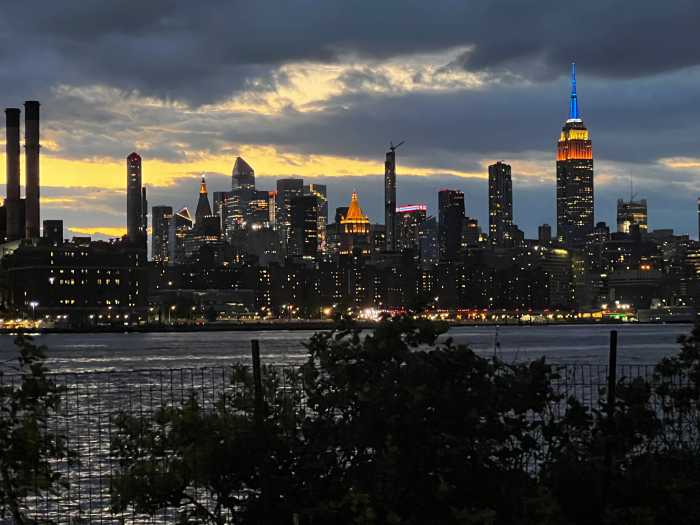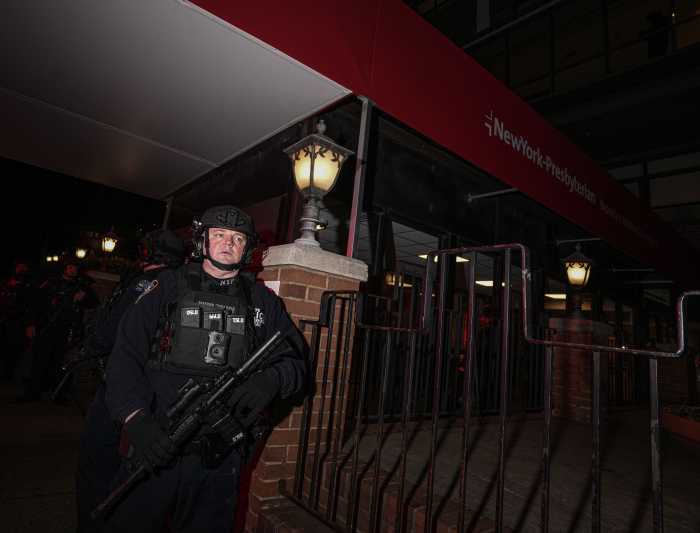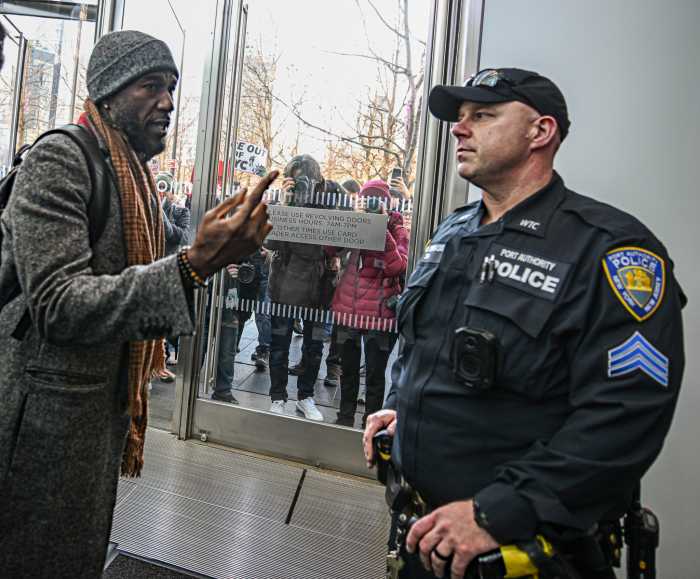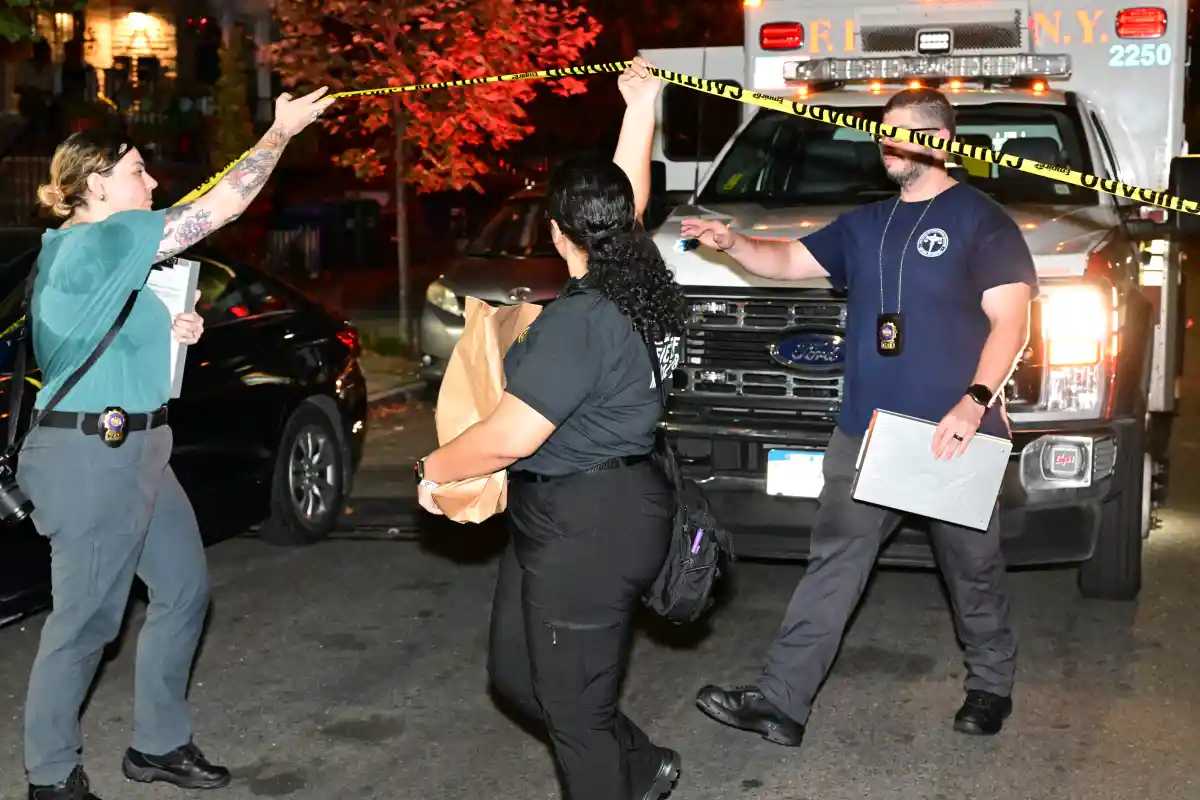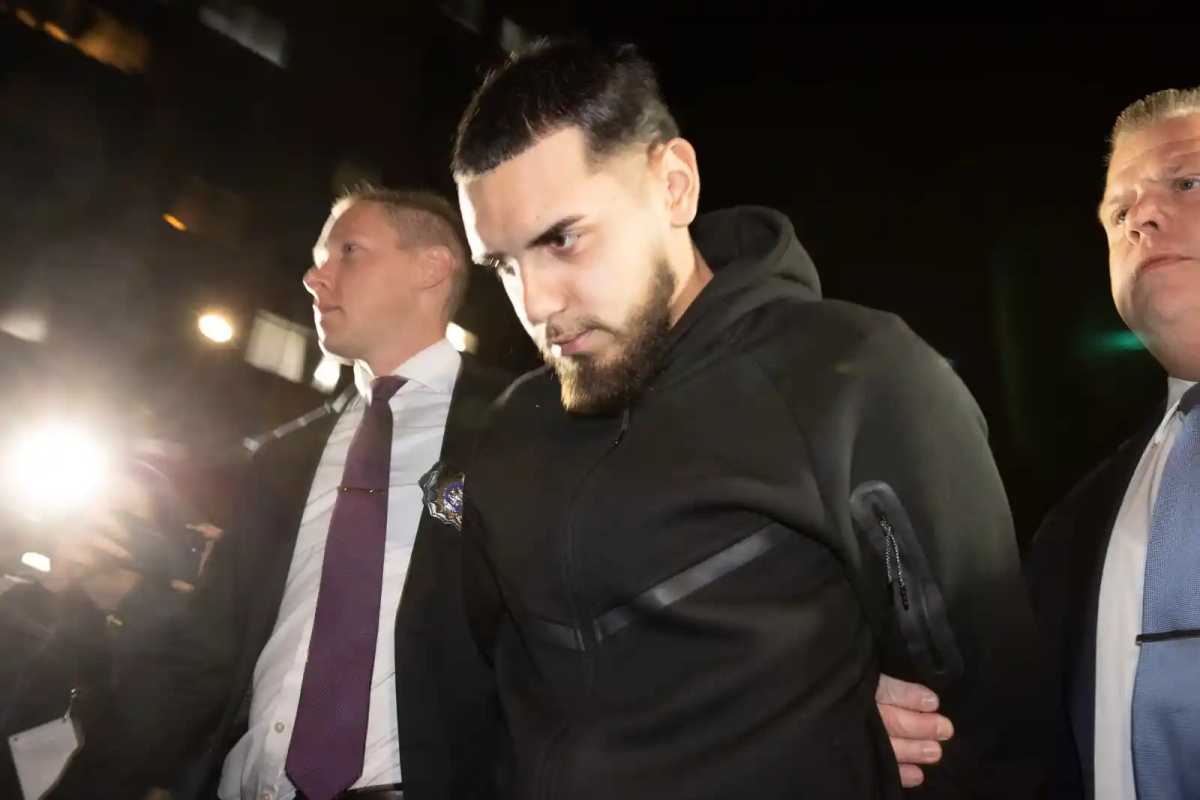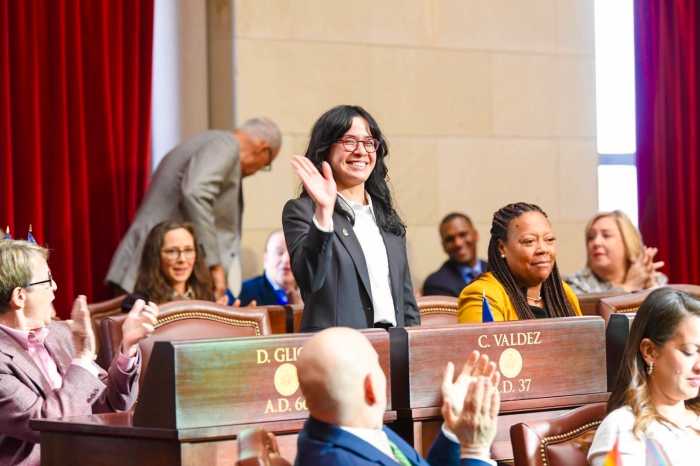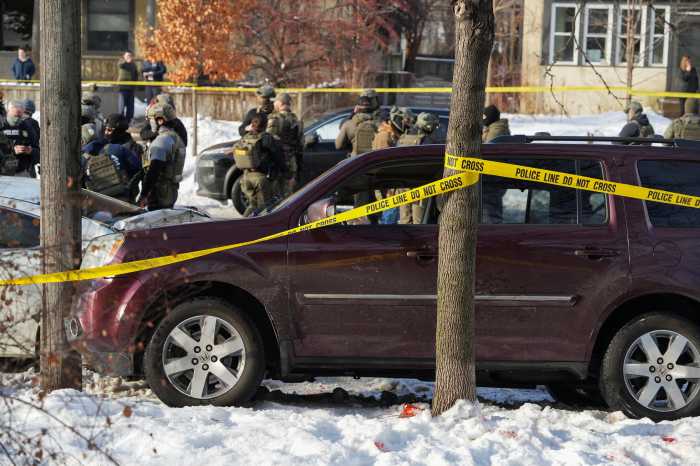Gov. Andrew Cuomo and many state lawmakers have said legalizing the recreational use of marijuana in New York is a priority this year, but questions remain about how adult use will be regulated and taxed.
State lawmakers failed to agree on a regulatory framework by the deadline for the 2019 budget. Some legislators said they won’t support a plan that doesn’t guarantee benefits for people of color, who have been disproportionately impacted by marijuana criminalization.
Ten other states and Washington, D.C. have legalized recreational use of marijuana to some degree. Here’s a look at how they have regulated adult-use and what Cuomo and other lawmakers have said could happen in New York.
How will marijuana be taxed?
The taxes on marijuana vary from state to state. Some, like California, Colorado and Nevada, have both excise and sales taxes of about 10 to 15 percent each. Washington and Oregon only have excise taxes, but they are at 37 and 17 percent, respectively.
In 2017, the states that have had legalized marijuana the longest, Washington and Colorado, had nearly $320 million in tax revenue and $250 million in tax revenue, respectively.
New York could see as much as $300 million a year from taxes on marijuana once the plan is rolled out, expected to be in 2023 if it passes this year.
According to his 2019 budget, Cuomo is proposing three taxes on recreational marijuana:
- Cultivation tax: $1 per dry weight gram of cannabis flower and $0.25 per dry weight gram of cannabis trim;
- State sales tax: 20 percent of the sale from wholesaler to retail dispensary;
- Local sales tax: 2 percent of the sale from wholesaler to retail dispensary.
Assemb. Crystal Peoples-Stokes (D-Buffalo), the sponsor of the legalization bill in the Assembly, said in an interview with The Buffalo News that she wouldn’t support this plan unless the tax revenue specifically benefits “communities that have been negatively impacted” by marijuana laws.
She has called for the legislation to include specific language that will ensure job training opportunities and access to licenses to cultivate or sell marijuana for minority entrepreneurs.
Who will be allowed to grow and sell marijuana?
In any state where recreational use is legal, there are licenses that need to be secured to sell marijuana. In his budget proposal, Cuomo said New York would set up an Office of Cannabis Management that would issue licenses for producers, distributors and retailers.
In some states, such as Colorado and California, adults over the age of 21 can grow up to six plants in their homes, under the recreational use regulations. Oregon permits only up to four plants, and others, like Washington, only permit medical marijuana patients to grow at home. It is illegal to sell homegrown marijuana in most cases.
New York would allow people to grow and process up to six plants within their residence or on their private grounds, according to a bill proposed in the Assembly and the Senate, and municipalities would be allowed to enact “reasonable regulations” to govern such cultivation.
Where will you legally be allowed to use marijuana?
Using marijuana in public places, including parks, sidewalks, restaurants, bars and common areas of buildings, is illegal. States that have legalized adult-use only permit it on private property. In most cases, it is legal to carry up to an ounce in adult-use states.
Marijuana cannot be taken across state lines, even if both states allow legal use.
In New York, there would be similar laws, and according to Cuomo’s budget, the state would “ensure road safety by implementing a driving while impaired campaign, funding research on roadside testing for impairment, and funding new Drug Recognition Experts, law enforcement professionals who are specially-trained to identify persons impaired by drugs when driving.”
How will past marijuana convictions be handled?
Lawmakers across the country have had to grapple with how past convictions for marijuana use will be handled when cannabis is legalized. Several have passed bills that allow past convictions to be expunged, but individuals must petition to do so, which can be time-consuming and costly.
Some cities, including San Francisco, Seattle and Denver, have programs to clear past convictions without requiring a petition.
In anticipation of legalization, district attorneys in New York City have already moved to expunge past convictions and stop prosecuting low-level marijuana possession. Brooklyn District Attorney Eric Gonzalez in December vacated 28 low-level marijuana convictions and dismissed more than 1,400 outstanding warrants related to marijuana possession cases. Manhattan District Attorney Cyrus Vance Jr. has told his office to stop prosecuting low-level marijuana possession and smoking cases and dismissed close to 3,000 outstanding misdemeanor marijuana cases dating back to 1978.
The City Council also passed a resolution in April calling on the state to expunge all misdemeanor marijuana convictions.
In his budget, Cuomo says the Office of Cannabis Management would oversee the process to “correct past harms to individuals and communities that have been disproportionately targeted by the war on drugs,” but did not provide specific details.
Can cities and counties opt out of legalization?
As in other states, local governments will be able to hold votes to ban the sale of marijuana within their borders.



